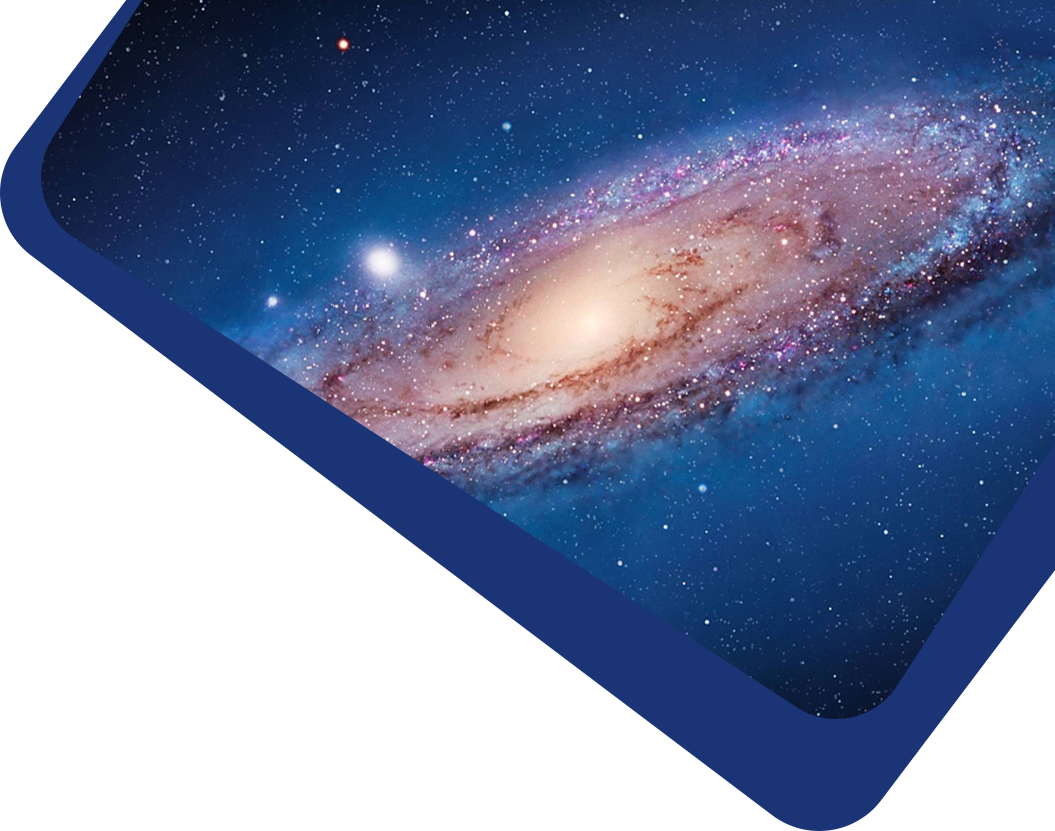

Abstract Is it possible that the current cosmic accelerating expansion will turn into a decelerating one? Can this transition be realized by some viable theoretical model that is consistent with the standard Big Bang cosmology? We study a class of phenomenological models with a transient acceleration, based on a dynamical dark energy with a very general form of equation of state pde = αρde − βρmde. It mimics the cosmological constant ρde → const for a small scale factor a, and behaves as a barotropic gas with ρde → a−3(α+1) with α ≥ 0 for large a. The cosmic evolution of four models in the class has been examined in detail, and all yield a smooth transient acceleration. Depending on the specific model, the future universe may be dominated by either dark energy or by matter. In two models, the dynamical dark energy can be explicitly realized by a scalar field with an analytical potential V(φ). Moreover, a statistical analysis shows that the models can be as robust as ΛCDM in confronting the observational data of Type Ia supernovae, cosmic microwave background (CMB) and baryon acoustic oscillation. As improvements over previous studies, our models overcome the problem of overabundance of dark energy during early eras, and satisfy the constraints on dark energy from WMAP observations of CMB.
Keywords cosmology: theory --- methods: analytical
It accepts original submissions from all over the world and is internationally published and distributed by IOP